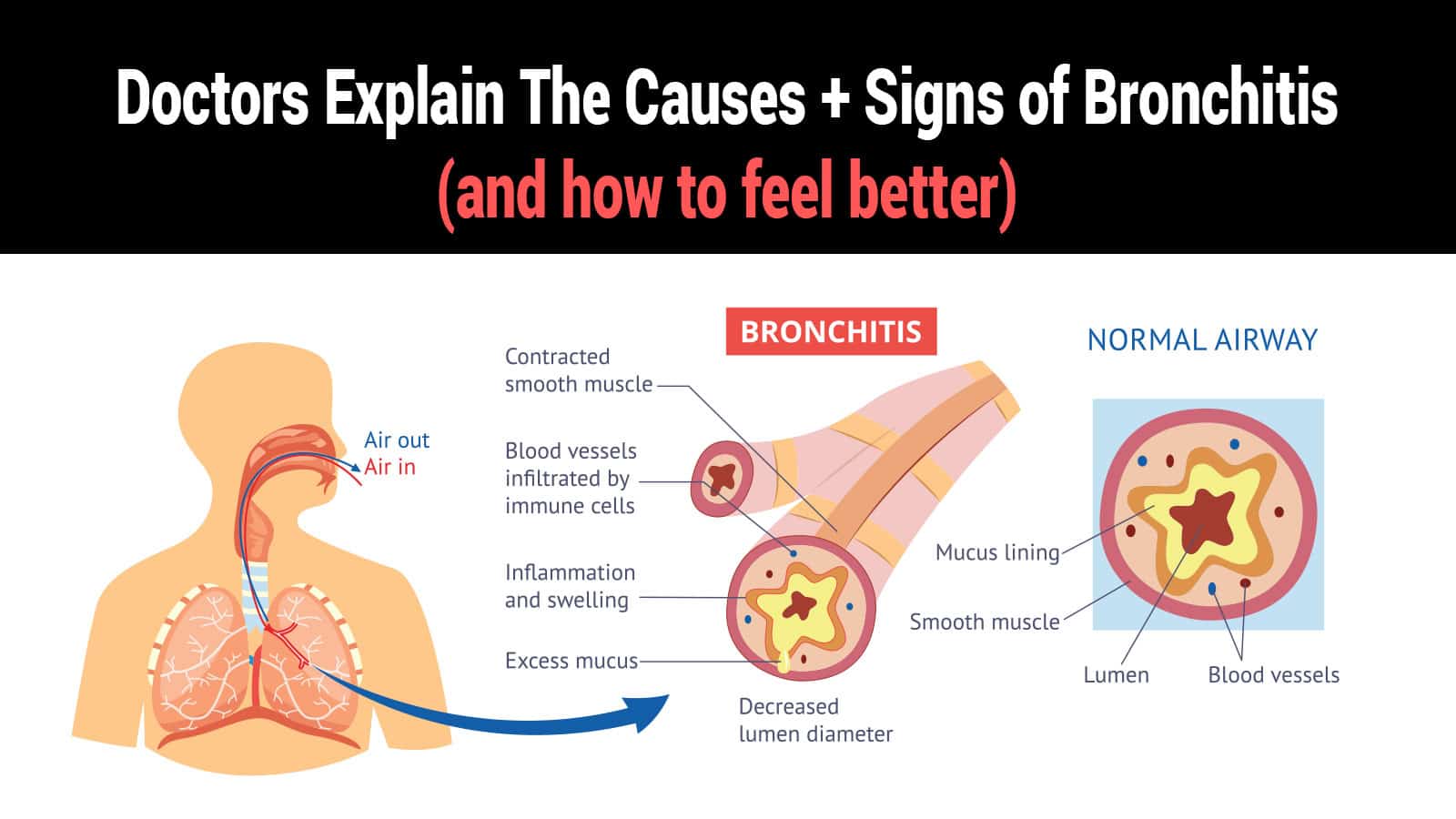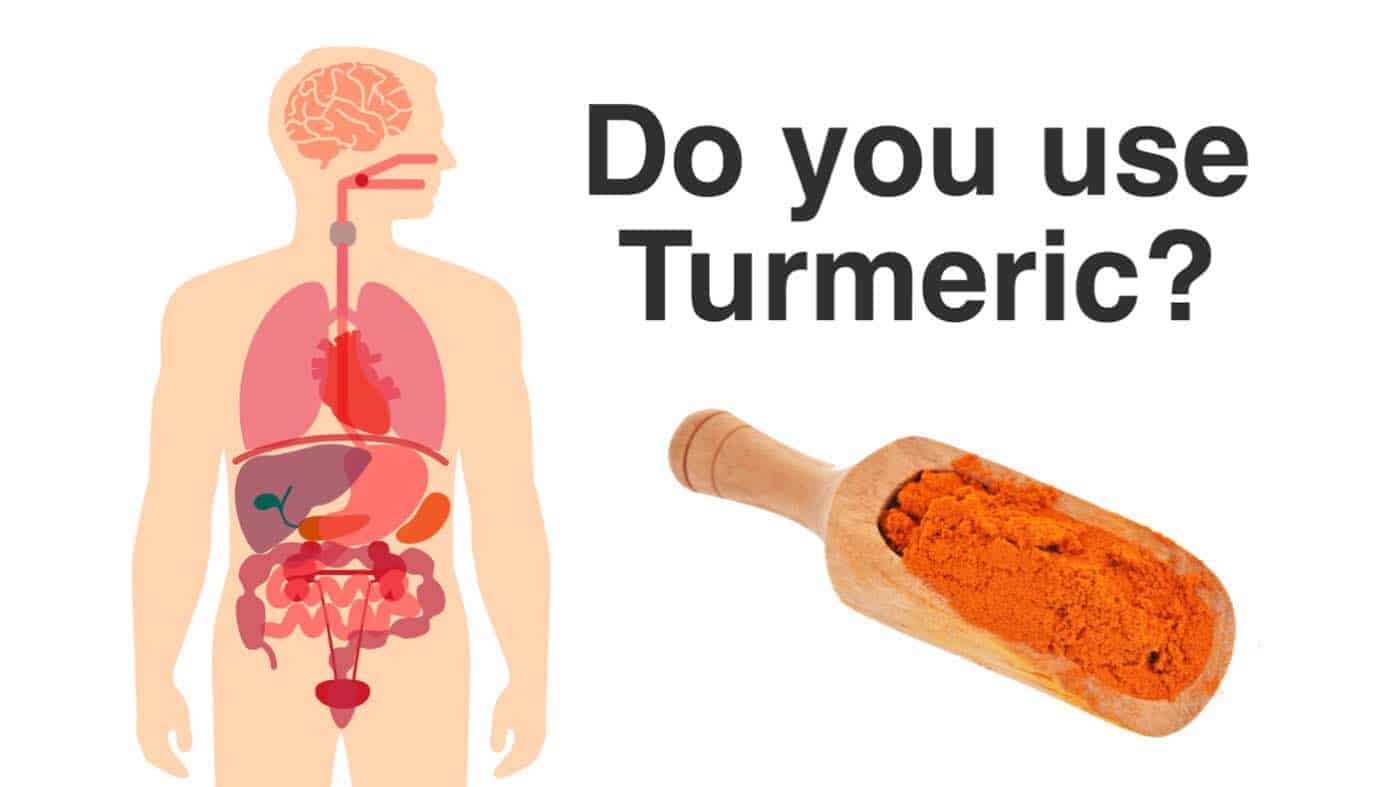Your lungs give you the breath of life. However, many don’t honestly know the intricate workings of the air passageways, bronchial tubes, and lungs—these tubes and passageways transport air to and from the lungs making breathing possible. But when you have bronchitis, this network operates inefficiently.
In some instances, these tubes can become swollen or inflamed. The swelling can occur from allergies or an infection. Inflammation in this area causes breathing to be complicated. When the wheezing and coughing as you struggle to breathe becomes constant, then you may be diagnosed with bronchitis.
Acute Bronchitis
Acute bronchitis is a common medical condition that affects about ten percent of the population each year. A viral infection is responsible for this variety, in most cases. Surprisingly, the same strain of the virus that causes the common cold or flu is also responsible for this medical problem.
There are cases, however, when a bacterial infection can cause the condition too. The bacterial variety will occur when you breathe in things that are harmful to your lungs like, cleaning chemicals, cigarette smoke, fumes, as well as dust and allergens.
While the infection typically leaves behind no damage, it can cause difficulty in breathing and discomfort for days or even weeks.
Chronic Bronchitis
Chronic bronchitis is different than the acute variety as an infection does not cause it. Instead, it’s caused by irreversible damage to the lungs. When you have a chronic case, it’s called COPD or chronic obstructive pulmonary disease.
COPD is a cluster of lung conditions that makes your breathing labored. The damage can occur from years of cigarette smoke, working in a factory where you inhaled dangerous chemicals continuously, or from conditions like tuberculosis. There is no cure, but there are treatments available to improve breathing.
Living with this persistent condition means that you will have a continuous cough and may also have things like fatigue, fever, shortness of breath, and chills.
Is Bronchitis Contagious?
When you have the acute variety, your cough will put tiny droplets into the air. The droplets can occur from sneezing or even speaking too. These microscopic drops are infected with the virus, which can quickly be passed to others.
Did you know that even shaking the hand of someone who is infected can pass the virus to you? You must be careful when you are in public and have this condition as it’s effortless to pass along without knowing. Wearing a mask and staying at least six feet from others can help to stop the transmission.
Chronic varieties are caused by damage and not an infection, most often. So although many people may be wary of being around you when you’re coughing and struggling to breathe, it poses no risk to anyone in your proximity usually.
Natural Treatments for Bronchitis
The standard treatment for this condition is to use steroids to decrease the inflammation, antibiotics to heal the infection, and bronchodilators to help with fast-acting swelling relief. However, those who have a chronic case may need oxygen as their lung capacity slowly decreases over time.
While the medical community is quick to prescribe steroids, there are natural remedies that don’t come with the common medication side effects like dark circles under the eyes, agitation, and insomnia.
Here are the top treatments that nature provides that can promote healing and help you heal, without all the risks.
1. Garlic
Garlic has long been referred to as “nature’s antibiotic.” It’s been used for thousands of years to combat infections and was even known to cure leprosy. The healing properties of this vegetable caused ancient doctors to call it the “Father of all Medicines.”
The sulfur-based compound in garlic called allicin is what attacks the viruses and other ailments. When crushed or chewed, it releases the power of this potent vegetable. For those who have acute breathing problems caused by a virus, garlic can quickly attack the virus and destroy its hold on the body.
Onions, which is a relative of this vegetable, also has healing properties and can be used alongside garlic.
2. Ginger
Ginger is a potent herb that is well known for its anti-inflammatory properties. When someone has an infection in their mouth from an abscessed tooth, rubbing ginger on the gum can bring immediate pain relief as the herb eats away at the virus.
When it comes to bronchitis, ginger tea can quickly release inflammation in the bronchial tubes and promote breathing. It can be used in place of a bronchodilator as a preventative and fast-acting remedy. Those suffering from both chronic and acute varieties can benefit from the power of ginger.
3. Turmeric
Turmeric is an herb that has received a significant bit of attention these days. It, too, has anti-inflammatory properties. Some experts believe that it’s even more potent than ginger in its ability to reduce swelling. Turmeric is often used in Indian cooking, though it can be used as an herbal supplement to combat chronic inflammatory issues.
Whenever you feel the airway tubes swelling, you can mix one teaspoon of honey with a half of a teaspoon of turmeric. The combination should be swallowed without water so that it can coat the throat. You can repeat this step as often as you feel necessary.
4. Use the Freezer
If you’re having a bad coughing spell and find catching your breath to be difficult, then an old remedy may be the trick. All you need to do is stick your head in the freezer. It sounds crazy, but the cold air from the freezer can help to open your airways.
This method was used as a crude way to help those with the croup, but it’s also been hugely beneficial to those suffering from allergies too. When your bronchial tubes are swelling, as they do in asthma, you may find the freezer can bring fast relief.
5. The Power of Steam
When you feel moments of breathlessness, it can be quite scary. Thankfully, natural remedies can help ease your angst. Another standard old school method for dealing with breathing issues is steam. Boil some water on the stove and add an essential oil like peppermint or eucalyptus to the mix.
Once the water has boiled, remove, and put in a bowl on the table. Use a towel to cover your head, put your head towards the bowel, and allow the steam to penetrate your airways. The healing power of the steam, along with the herbs, can bring fast relief.
Taking a hot shower seems like it would be helpful, but you won’t have direct contact with the steam as you would in a bowl. If you live near a place with a sauna, then it’s also an excellent way to combat swollen airways.
6. Be Wise with Honey
Honey is one of nature’s perfect tonics. It can help to deal with chronic coughs brought on by this condition. Did you know that just one tablespoon of honey has enough power to thin out mucus secretions and stop persistent coughs?
The antiviral and antibacterial properties of this golden elixir cannot be denied. It can help to stop coughing as well as boost your immune system in the process. You can take it by the spoonful, or you can use it in a cup of herbal tea. The hot water and honey combination is a sure way to find quick relief.
Final Thoughts on Understanding Bronchitis
While nature provides many remedies that can help with both acute and chronic bronchitis, some lifestyle changes can help to promote more natural breathing. First, if you smoke cigarettes, you need to stop immediately.
Also, secondhand cigarette smoke can be just as damaging to the lungs as smoking directly. The carcinogens found in these cancer sticks can further damage the lungs making breathing painful and challenging.
You should always wear a mask when you are working with any chemicals, especially household varieties such as bleach and ammonia. Avoid places that are laden with pollution as it can cause the bronchial airways to become inflamed. Wearing a mask can help to keep you from inhaling these toxins.
By eating a healthy diet that is rich in garlic, onions, ginger, turmeric, and power foods, you can boost your immunity. Having a sound immune system can keep you from getting infections even if you do encounter them.
Lastly, using a humidifier in your home can help to purify the air you breathe. Even if you are careful, there are still small amounts of pollutions as well as toxins in your atmosphere. In the typical home, you will find pet dander, pollen, dust, mold, mildew, and other irritants.
When you suffer from a condition like COPD or other breathing difficulties, removing as much of these from your home is essential. The more you get rid of the problems, the less you will need to treat the effects they have on your body.
Dealing with both acute and chronic bronchitis presents a challenge. Thankfully, the acute varieties will go away after a few weeks. However, the ongoing burdens of labored breathing and the fatigue it causes the body can best be managed through lifestyle changes rather than dangerous medications.























